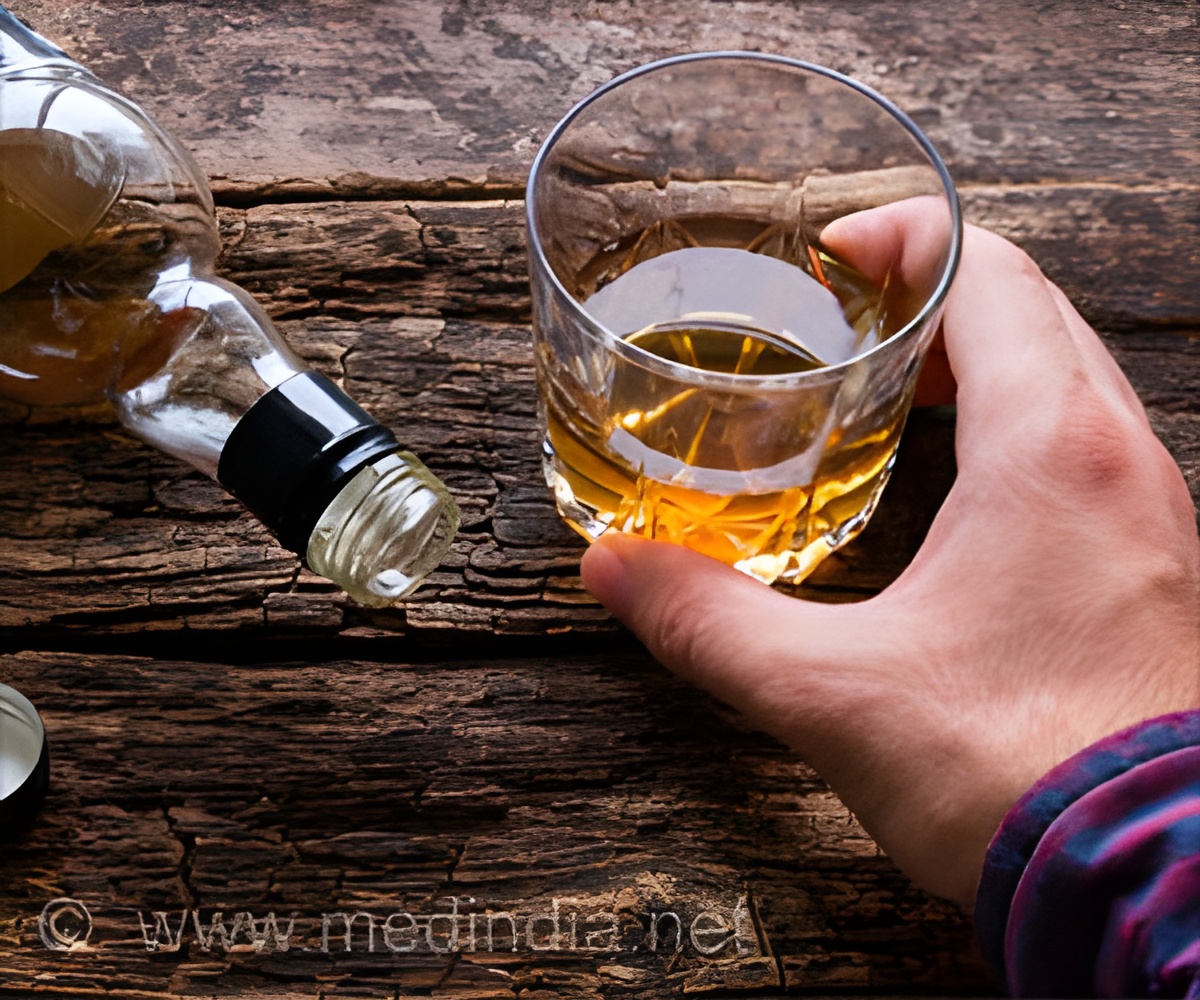
‘Depressed individuals may turn to drinking as a means to treat their depression as doses of intoxicating levels of alcohol acts as a stimulant of neural activity.’
Tweet it Now
Test subjects were shown to exhibit non-depressive behavior lasting at least 24 hours.Principal investigator Kimberly Raab-Graham, an associate professor of physiology and pharmacology at Wake Forest School of Medicine, says her team's experiments strongly support the self-medication hypothesis.
"Because of the high co-morbidity between major depressive disorder and alcoholism there is the widely recognized self-medication hypothesis, suggesting that depressed individuals may turn to drinking as a means to treat their depression," she said. "We now have biochemical and behavioral data to support that hypothesis."
Raab-Graham cautioned, however, that relying on the intoxicating substance can still pose a threat.
"There's definitely a danger in self-medicating with alcohol," she added. "There's a very fine line between it being helpful and harmful, and at some point during repeated use self-medication turns into addiction."
Advertisement













